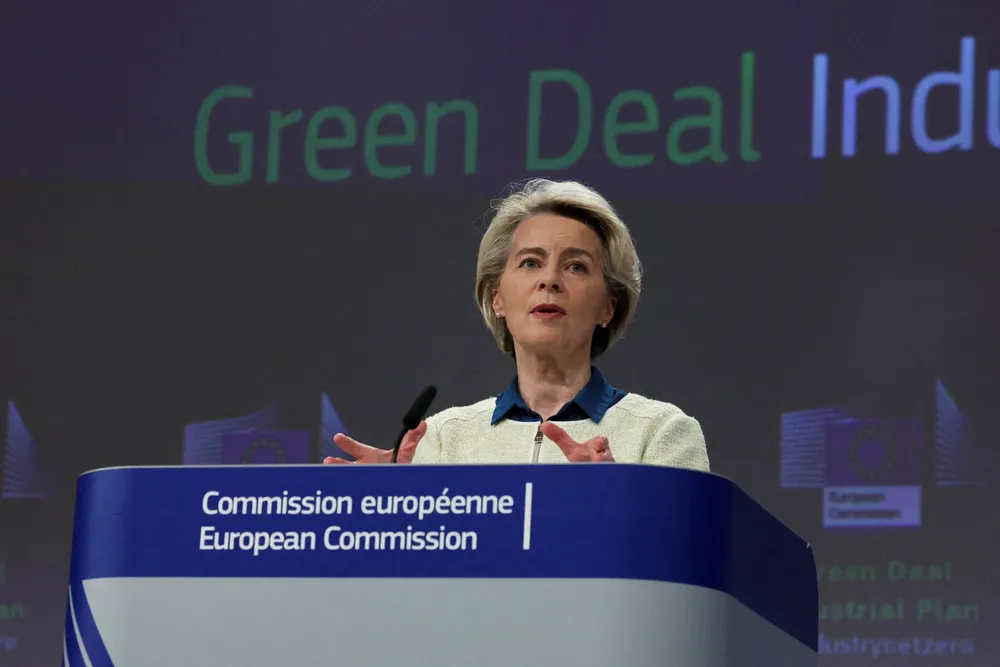Cutting red tape: Brussels fights back against Biden's green energy subsidies
Green Deal Industrial Plan will improve access to financing and simplify regulation as EU responds to the acclaimed Inflation Reduction Act in the US.

Green Deal Industrial Plan will improve access to financing and simplify regulation as EU responds to the acclaimed Inflation Reduction Act in the US.
